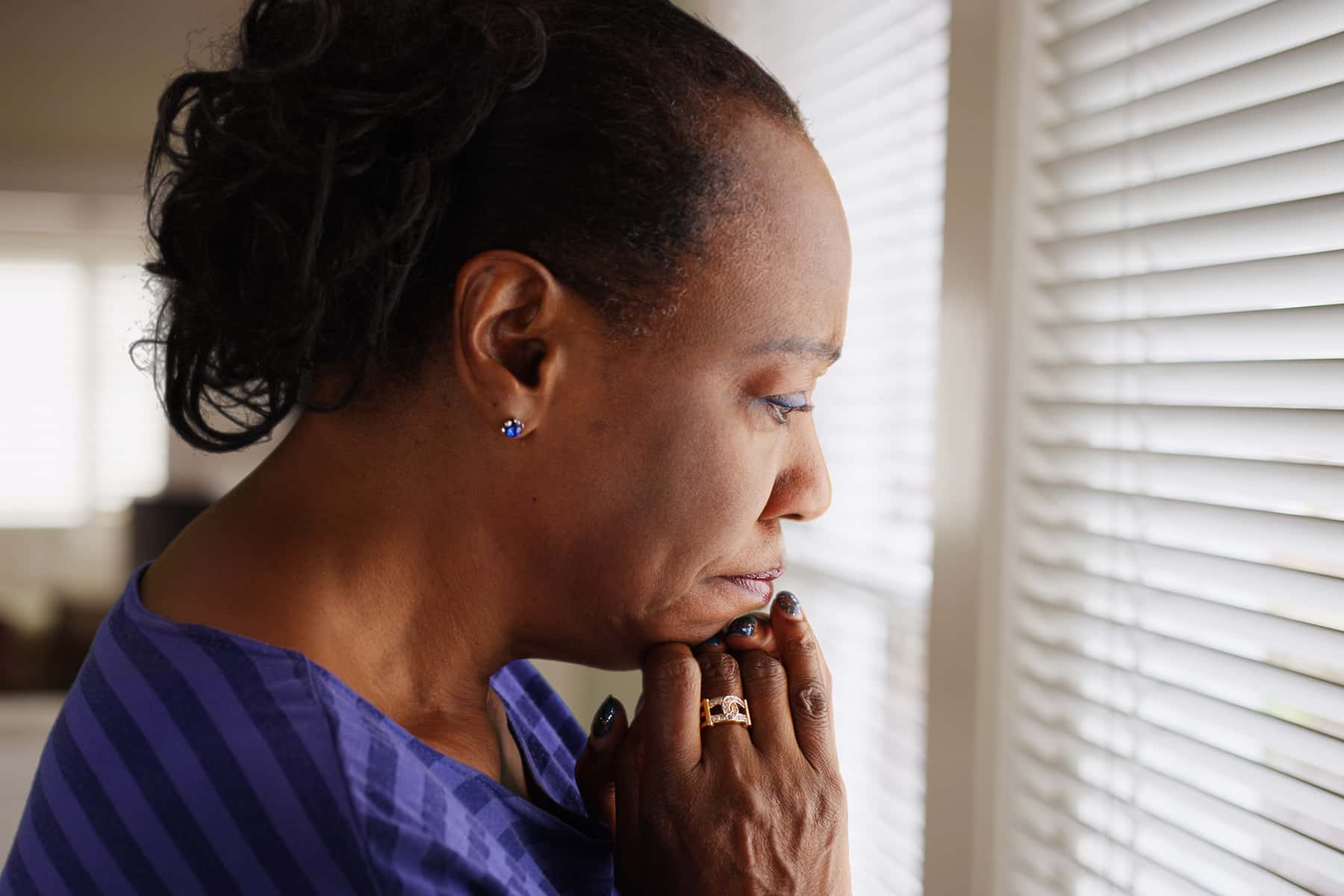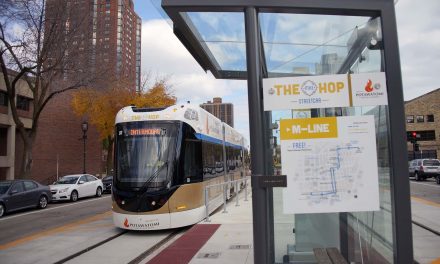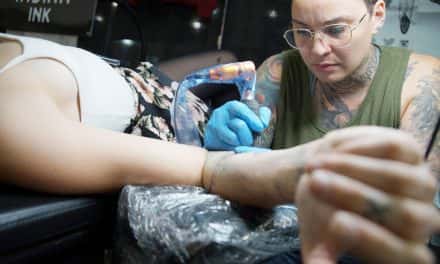
Opportunity Wisconsin and Black Leaders Organizing for Communities (BLOC) hosted a virtual conversation with United States Congresswoman Gwen Moore on April 29 to discuss how COVID-19’s impact on Milwaukee’s African American community has been exacerbated by years of damaging economic policies championed by President Donald Trump and his allies.
The conversation, moderated by Milwaukee Alderwoman and Opportunity Wisconsin steering committee member Chantia Lewis, featured Milwaukee residents who have been personally impacted by the pandemic. It was organized in response to a new report from UW-Milwaukee highlighting how race and patterns of segregation can be linked with the spread of COVID-19.
“The PPP [Paycheck Protection Program] was designed to enable businesses, unfortunately like Ruth’s Chris, to be able to pull down millions of dollars because in fact they do hire low wage workers. The program was not intended for publicly traded companies, but that’s the way it was written in the Senate,” said Representative Moore. “The second package did not do anything to improve the PPP. It added more money to take care of the volume of applications that were still in the pipeline. But one thing we were able to do – and a lot of it was focused on the work done by the Congressional Black Caucus and the Progressive Caucus and many members of the Democratic Caucus – we set aside $60 billion of that last funding to be able to be put through community development financial institutions, credit unions, and small community banks.”
Opportunity Wisconsin and BLOC are calling on President Trump and his administration to invest in Wisconsin’s communities of color during this economic crisis, instead of pushing policies that primarily bail out the wealthy and well-connected.
“There’s no going back to normal,” said Angelina Wyatt, RN, a frontline nurse at a Milwaukee mental health facility. “We have to hold these corporations accountable…to make sure they are meeting the needs of the communities that they serve. As long as we have these racial disparities we’re going to continue to see black and brown communities infected at a higher rate.”
While health conditions like diabetes and asthma exist at higher rates among Black people, making Black people more susceptible to the virus, Black Americans are also more likely to hold essential jobs during this crisis, such as health care, grocers, fast-food workers, transit, and postal services. What’s more, many of these same people are facing economic barriers such as stagnant wages and absence of paid leave, as well as food, housing, and transportation insecurity.
“This work around health justice is not something that is new,” said Rick Banks, BLOC political director and organizer. “The discrimination in healthcare and lack of access that Black people in this city and country face is not new.”
According to UW-Milwaukee’s report, “As of April 8, nearly twice the number of African-American county residents as whites had tested positive for COVID-19. African-Americans represent 27 percent of the county’s population, but they account for 45 percent of confirmed cases. More disturbing still, of the 67 coronavirus-related deaths reported in Milwaukee County as of April 8, 46 of the victims were Black.”
“I am COVID-19 survivor,” said Adrienne Lathan. “I was released from the hospital on March 31st, after six days. Four days after being released, I lost my dad. He had many medical issues, but two days before he passed he tested positive for COVID-19. It’s been a rough 30 days for me, but the rapport I had with my primary care doctor has been very important and very helpful, and has helped me get through this. I see in our black community that we don’t have a lot of that, and I thank goodness that I have the medical insurance that I do and the primary care coverage that I do.”
Earlier this month, Representative Moore joined several of her House and Senate colleagues in introducing the Equitable Data Collection and Disclosure on COVID-19 Act, which would require the Department of Health and Human Services (HHS) to collect and report racial, ethnic, and other demographic data on COVID-19 testing, treatment, and fatality rates.
“I was in the crowd who didn’t think this was serious. But once this hits home and you see people who you know who are grieving for people who they lost through COVID-19, and listening to the experience of health professionals fighting every day,” said Banks. “There are people who have experienced this and will tell you how real this is for them.”














